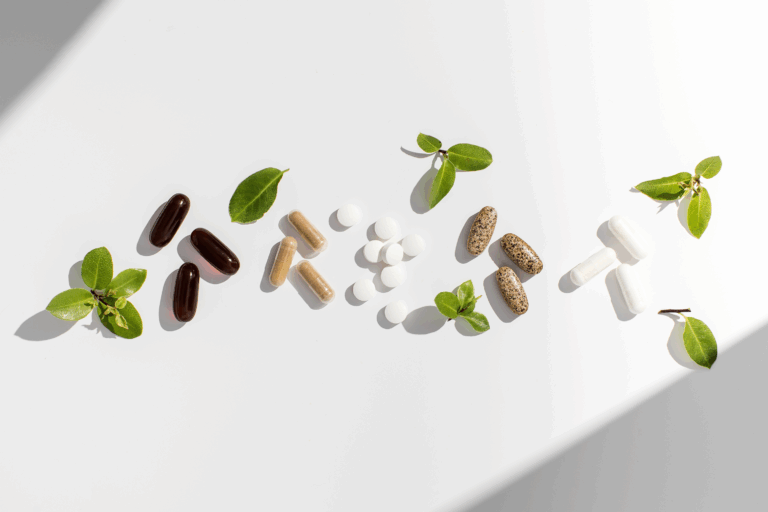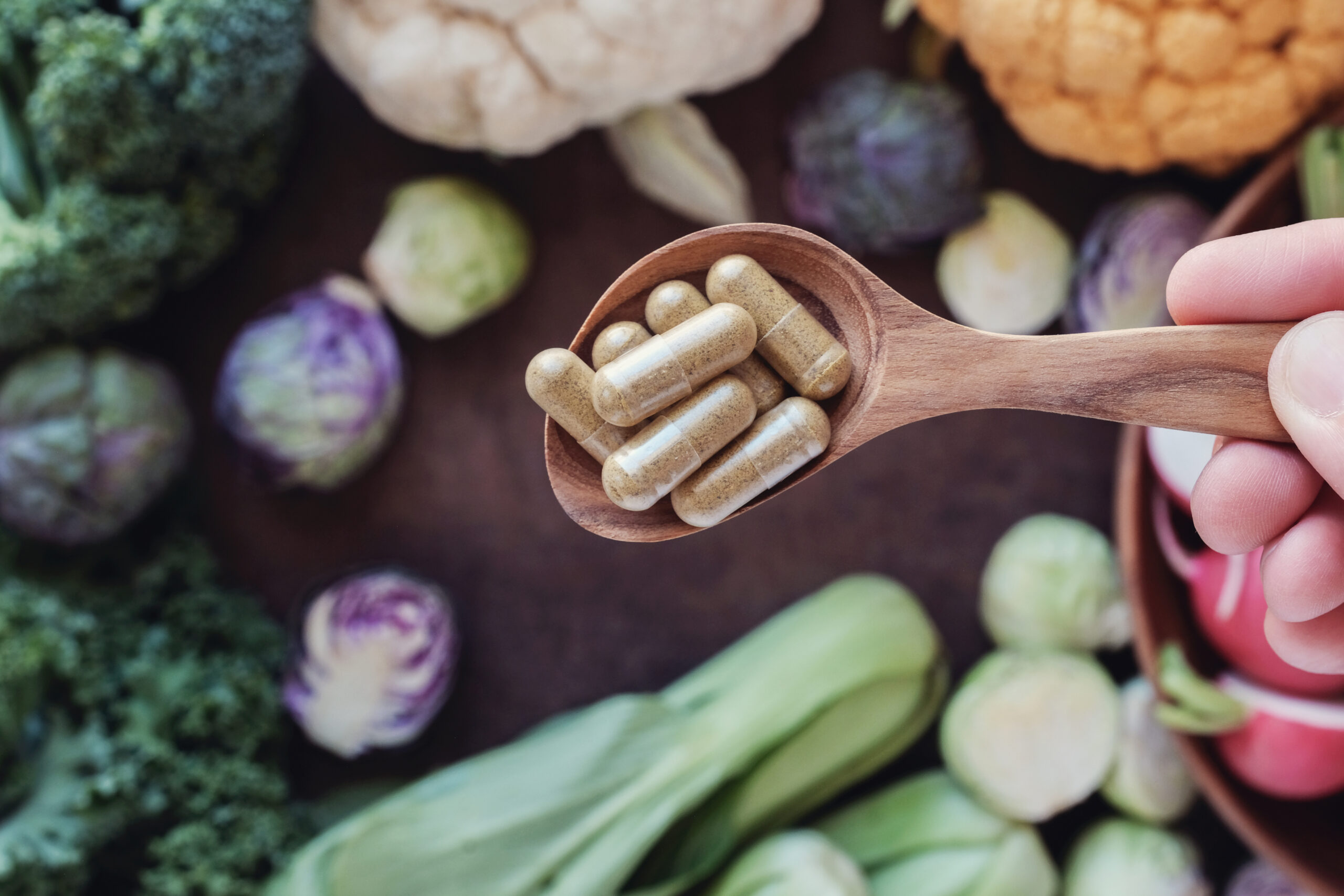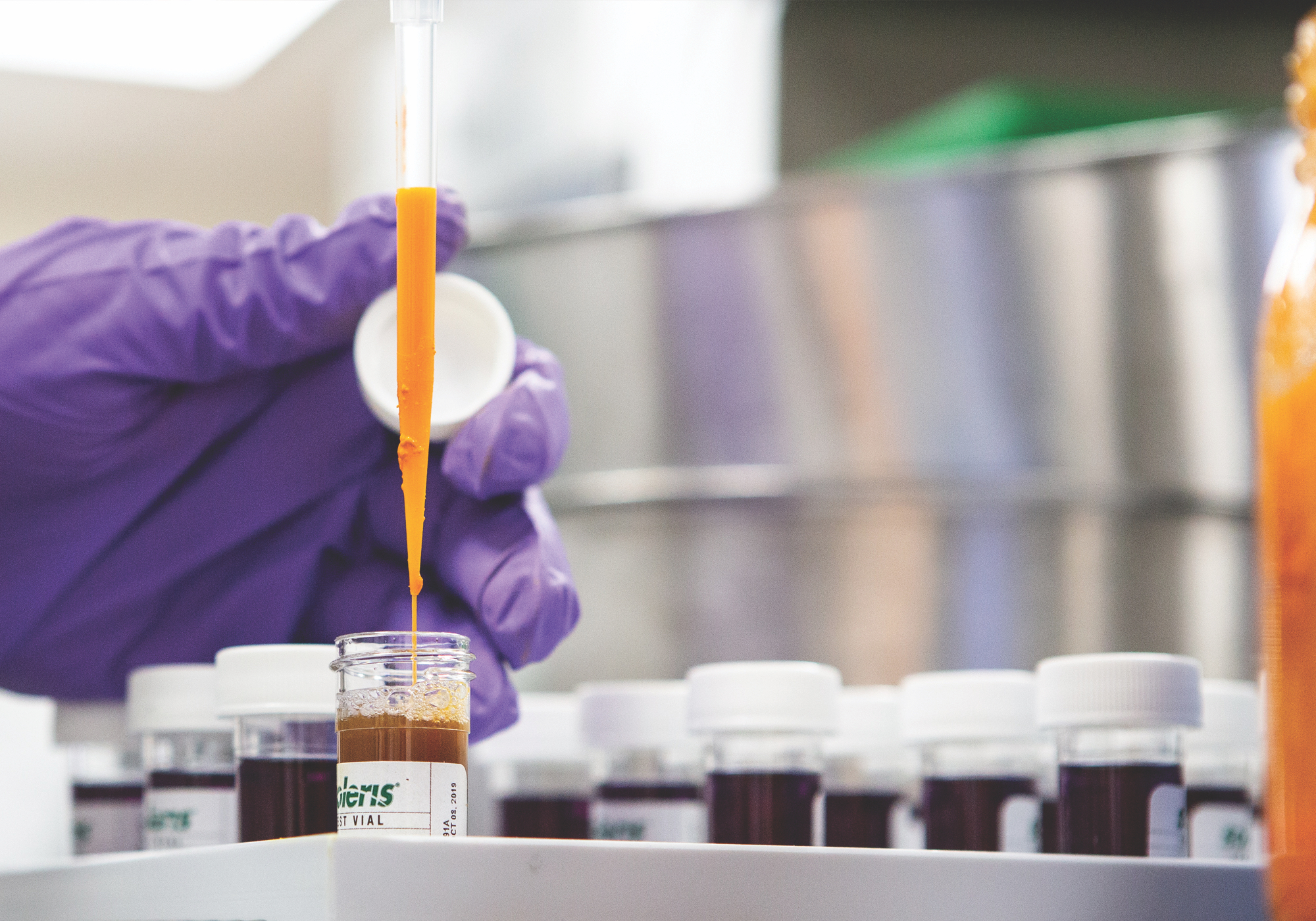Scientific name:Fucus vesiculosus
Constituents:
- Polysaccharides (mucilage & mucopolysaccharides)
- Algal polyphenols (fucoidans & polyphloroglucinols
- Trace minerals (iodine up to 0.1%)
Medicinal actions:
- Anti-inflammatory
- Anti-hypothyroid
- Anti-rheumatic
- Connective tissue tonic
- Nutritive
- Vulnerary
Mechanism of Action & Pharmacology:
- High iodine content may promote Thyroid hormone (T3 & T4) production.
- Fucoidan may modulate fibroblast proliferation.
- Algal polyphenols (Fucoidans and polyphloroglucinols) have anti-inflammatory activity.
- Fucoidans have been shown to have a range of anti-inflammatory effects, inhibit cell growth, induce apoptosis and suppress angiogenesis in thyroid cancer cells.
Pharmacy:
- Dried Herb
- Tincture
- Fresh kelp as food
- Topically as lotion, liniment or poultice
Safety & Toxicity Concerns:
- May produce stomach upset and changes in urination, bleeding time, blood pressure, and menstruation.
- Iodine hypersensitivity reaction may include rash, angioedema, fever, arthralgia.
- Contraindicated above culinary amounts in pregnancy & lactation, and excessive thyroid activity (hyperthyroidism).
- Avoid in known allergy to seaweeds.
Interactions:
- Avoid with hyperthyroid medication (e.g. carbimazole) as may decrease effectiveness of drug due to natural iodine content.
- May have additive effects with thyroid replacement therapies (e.g. thyroxine).
- Use caution with anticoagulants & anti-diabetic agents due to antiplatelet activity (theoretical).
- Potential risk for reduced bioavailability of amidarone, estrogens, and may increase effects of laxatives.







